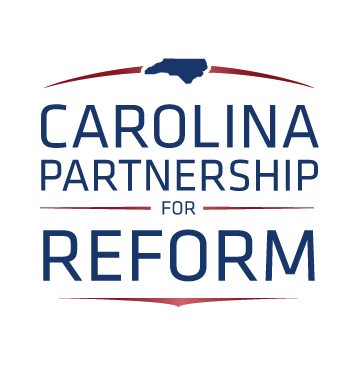Atlantic Coast Pipeline Scandal Redux?
Cartoon credit: Kevin Siers, Charlotte Observer, 2019
A natural gas pipeline to carry critical supply to one of the nation’s fastest-growing states needs a permit from the Department of Environmental Quality (DEQ), and Gov. Roy Cooper is injecting his donor-backed agenda into what should be a straightforward bureaucratic process.
Sound familiar?
Just three years after the News & Observer called for an investigation of Cooper’s pipeline permitting involvement, he’s now inserting himself into the Mountain Valley Pipeline-Southgate project.
A CRITICAL SUPPLY
Congress ordered final approval earlier this year for the mainline MVP project, which will transport gas into West Virginia and Virginia, terminating just north of the North Carolina border. The MVP-Southgate project would extend the mainline into North Carolina.
Right now, the state relies on just one pipeline, Transco, for its supply. If Transco were to go down, as the Colonial liquid fuel pipeline did in 2021, the effects in North Carolina would be immediate and disastrous.
After all, natural gas fuels 36% of the state’s entire electricity generation. That’s more than double the contribution of solar, hydroelectric, biomass, and wind combined. As we are pushed to go electric, a consistent source of natural gas has to be part of making electric happen.
Say what you want about natural gas – it powers this state, it will continue to power this state for the foreseeable future, and having just one supply source is a recipe for disaster.
The case for MVP-Southgate isn’t much different from the case for the Atlantic Coast Pipeline, which never got off the ground after years of litigation and permitting shenanigans.
Let’s go back to 2018 and revisit the biggest scandal of Cooper’s tenure.
LEVERAGE
“Where are the solar boys on their deal?”
That’s how Cooper responded via text message when a top staffer notified him on Jan. 1, 2018, that DEQ would approve a permit for the Atlantic Coast Pipeline (ACP) the next day.
Simultaneous to DEQ’s review of the ACP permit, which the agency delayed for months, Cooper had been pressuring Duke Energy to settle contract negotiations with solar companies on favorable terms: Hence “the solar boys” and “their deal.”
The answer to Cooper’s question was the solar boys had not secured their deal with Duke Energy.
In a striking coincidence, DEQ didn’t issue the ACP permit the next day. Early that morning, Cooper’s top aides texted one another about the permit: “Not sure we should sign ACP agreement unless solar deal works,” they wrote.
The next day, Jan. 3, a top Cooper staffer texted a solar industry lobbyist that he needed more information about the contract dispute because “[I’m] trying to negotiate with your friends over ACP. Wanna have the number of projects in my hip pocket.”
This and reams of other written records produced during an intense legislative oversight investigation show that Cooper’s administration premised issuance of an environmental permit – a process that’s supposed to be based on technical reviews and state laws – on unrelated private negotiations between Duke Energy and some of Cooper’s biggest political allies.
There are many more sordid details, including a $57 million slush fund Cooper tried to obtain. The affair ended with three former federal investigators compiling an 82-page report that concluded “criminal violations may have occurred.”
Following the report, News & Observer editors called for formal action “from government investigators who…can use subpoena power to compel testimony and access records.”
WHAT’S OLD IS NEW
And here we are again. We have another pipeline and Cooper has already injected himself into the process. If Cooper’s administration has too much flexibility in interpreting the environmental permitting statutes, we know from recent history they’re willing to test the bounds of ethics and the law to benefit his friends.

